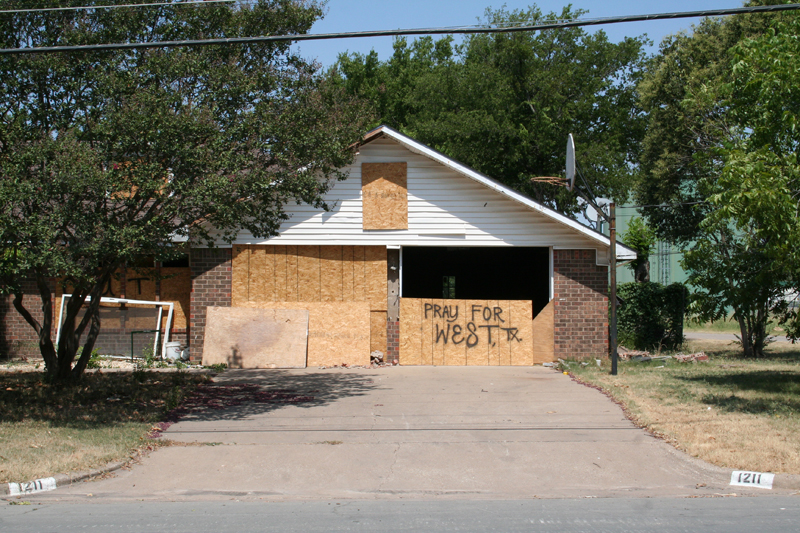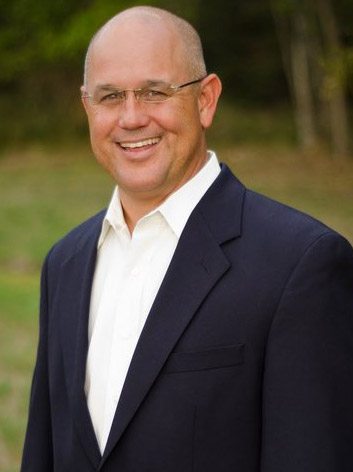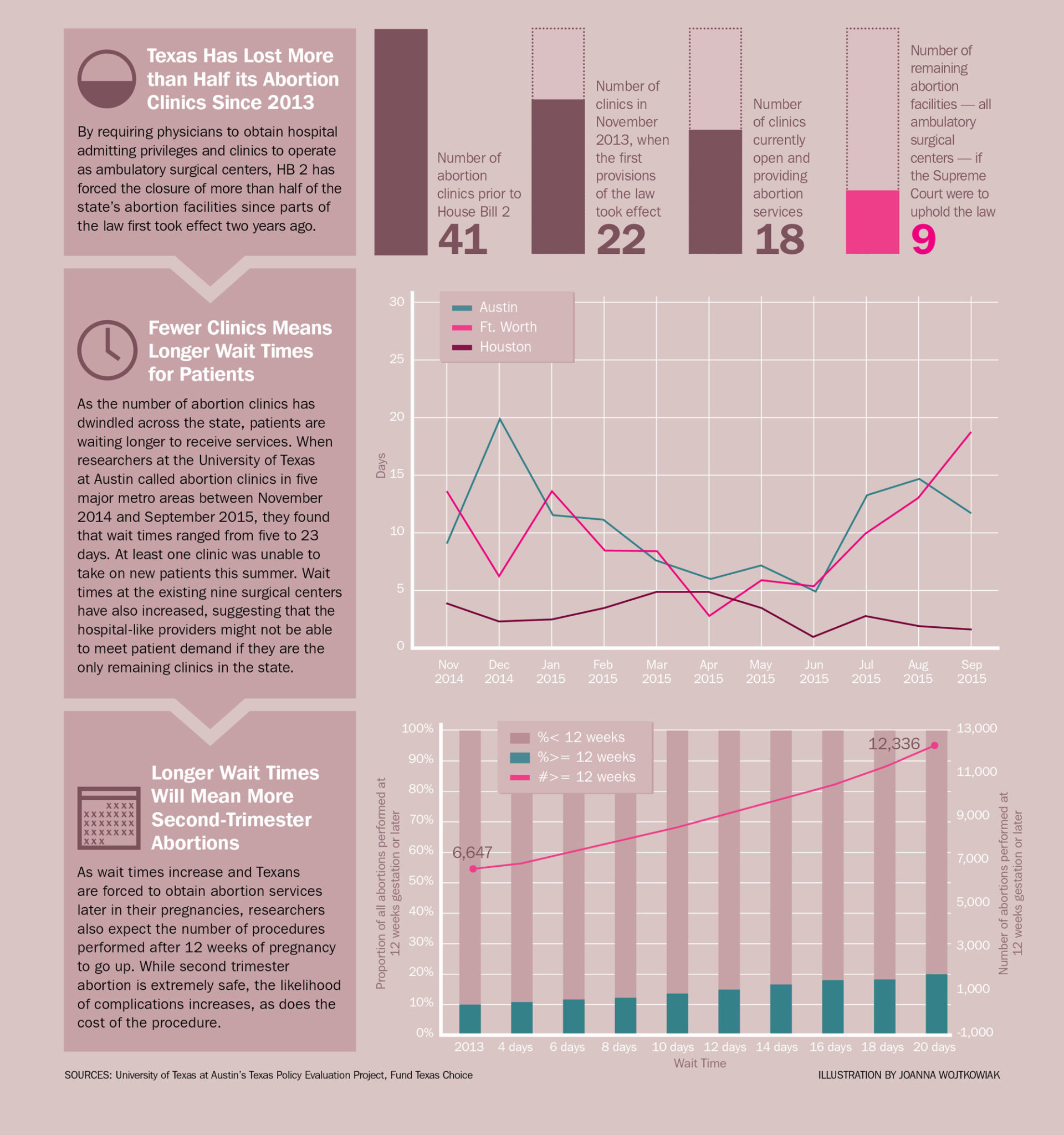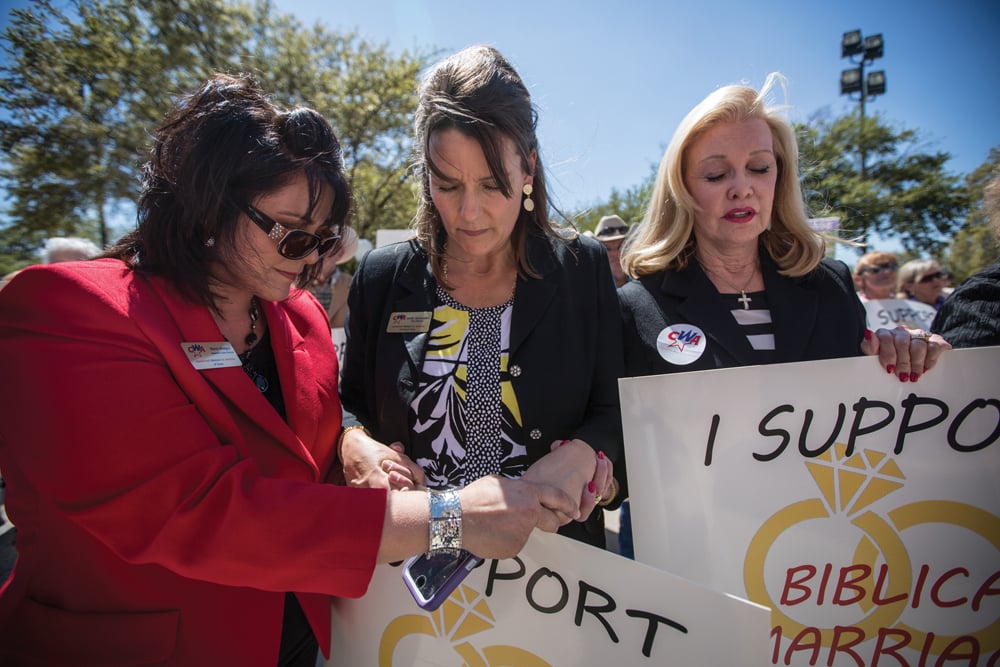
Nearly Two Years After West Fertilizer Disaster, Lawmakers Finally Consider Changes to Regulatory System

Above: A house destroyed by the West fertilizer plant explosion in the northern part of town.
As the second anniversary of the West, Texas fertilizer plant disaster approaches, lawmakers are running out of time to pass legislation addressing the catastrophe’s underlying causes. In the two years since the explosion in West, which killed 15 and injured more than 300, virtually nothing has been done to fix the patchwork regulations and lax system of oversight of ammonium nitrate facilities like the West Fertilizer Company.
With just 55 days left in the 140-day legislative session, a handful of legislators are trying to get something, anything done. On Tuesday, the House Committee on Environmental Regulation took less than an hour to discuss three bills filed in response to the West disaster.
“We reflect on the loss of life and then that goes away and everyone starts looking at their special interests,” Pickett said.
In the aftermath of West, State Fire Marshal Chris Connealy said voluntary inspections had identified widespread fire-safety problems in the state’s 90-something ammonium nitrate facilities, but that he was powerless to compel any changes.
While nearly identical to Kacal’s bill in other respects, Pickett’s HB 417 would give the state fire marshal the power to write his own fire-safety rules. Currently, the fire marshal must ask permission to inspect fertilizer plants and can only offer recommendations to facility owners.
Pickett said that ammonium nitrate businesses are “extremely important” but that people who get into the business need to take on more responsibility. When asked about the chances the Legislature would take steps to prevent another fertilizer disaster, he was fatalistic.
“We reflect on the loss of life and then that goes away and everyone starts looking at their special interests,” Pickett said. He added that the industry shouldn’t be afraid of additional regulations. “There’s nothing in this that will put anyone out of business.”
Kacal’s approach would allow the state fire marshal to inspect ammonium nitrate facilities but limits enforcement to four specific rules described in the bill. Facilities would be required to provide evidence of compliance with right-to-know laws, post warning placards and store ammonium nitrate away from combustible materials. They’d also be be required to keep ammonium nitrate in a separate structure from, say, an office or shop.
Some in the fertilizer business have resisted giving a state agency more power. Jim Farley owns a farm supply company in DeLeon, Texas, that sells ammonium nitrate-based fertilizers. He was one of five people to testify in favor of Kacal’s bill, and the only person to testify against Pickett’s. Farley said he was “devastated” when he heard the news about West and that he’s made many changes to his business since the West explosion to improve safety. But he argued that new rules, which could be drafted by the state fire marshal under Pickett’s plan, might cost him too much money. As a small business owner, he says, he couldn’t afford to change his wood roof, or put in an automatic sprinkler system that might corrode.

Both bills also strengthen hazardous-chemical reporting. Companies would have to submit information about the chemicals they hold, via Tier II reports, to the Texas Commission on Environmental Quality (TCEQ) instead of the Department of State Health Services, an agency that’s always been an awkward fit. TCEQ would then share the reports with local first responders and the state fire marshal. One of the problems that emerged from the West disaster was that local first responders often lack the critical information about hazardous chemicals, or don’t have the proper training to know what to do in the event of a fire.
HB 2470, filed by Rep. Eddie Rodriguez (D-Austin), was the final ammonium nitrate-related bill heard by the committee on Tuesday. It would require ammonium nitrate operations to have liability insurance, which they are not currently required to have. The West Fertilizer Company carried just a $1 million policy. Property losses from the West explosion are now estimated to be as much as $230 million.
Cyrus Reed, representing the Lone Star Chapter of the Sierra Club, told the committee that it makes sense to require insurance, “because it will create market pressure to be safe.”
“Sometimes bills that require rulemaking leads to delay and poor rules, or the agency doesn’t actually enforce the rules,” Reed said.
“This is a very balanced attempt to make sure communities don’t suffer another explosion like this and if they do they will have the resources to rebuild,” said Ware Wendell, deputy director of the consumer group Texas Watch.
HB 417, HB 942, and HB 2470 were left pending in committee.


